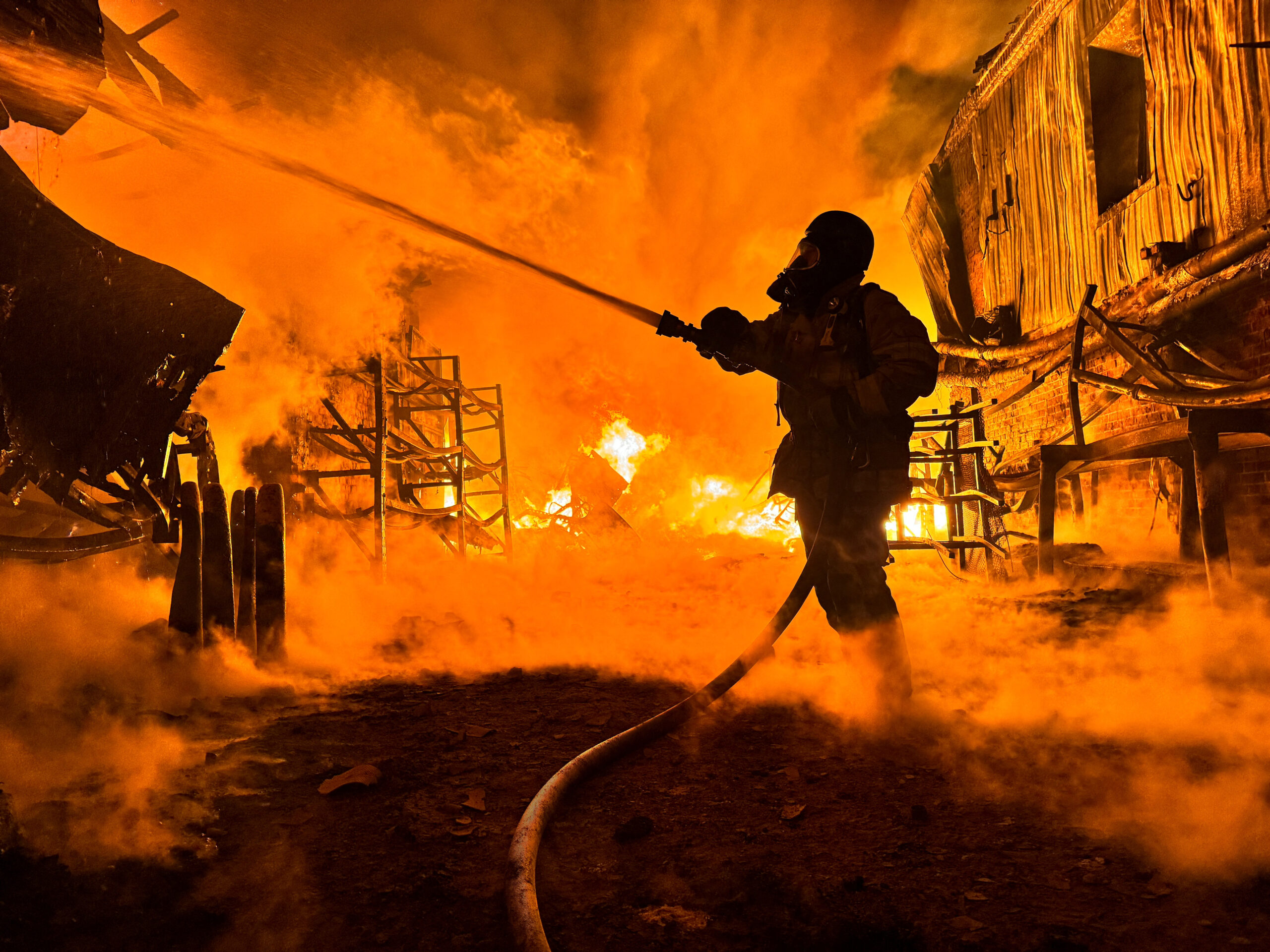Iraq asks for US air strikes, as extremists take control of largest oil refinery
Iraq has asked the US to stage air attacks on Sunni insurgents as the Islamist fighters edged closer to full control of Iraq\’s largest oil refinery and continued to hold out against troops trying to retake the city of Tal Afar.
Iraq Foreign Minister Hoshyar Zebari told reporters Iraq had asked for air strikes "to break the morale" of the Islamic State of Iraq and the Levant (ISIL) which has captured cities and towns in the north in a lightning advance over the past week.
He added that Iraq\’s ally, Shi\’ite Muslim power Iran, had so far not intervened to help the Baghdad government, but said "everything is possible".
In Washington, General Martin Dempsey, chairman of the U.S. military’s Joint Chiefs of Staff, confirmed that Iraq had sought U.S. air support, but gave no details of the request and did not say when it had been made.
“We have a request from the Iraqi government for air power,” Dempsey told a hearing in Congress.
Asked whether the United States should honor that request, Dempsey answered: “It is in our national security interest to counter ISIL wherever we find them.”
U.S. officials, speaking on condition of anonymity, said Iraq had requested air support including drone strikes and increased surveillance by U.S. drones, which have been flying over Iraq for some time.
The Pentagon has said it stepped up surveillance, intelligence and reconnaissance efforts, at Baghdad’s request.
The White House has said President Barack Obama has not yet decided what action, if any, to take following the ISIL onslaught, and was due to discuss the options with leaders of Congress at the White House later on Wednesday.
Speaking after a meeting of Arab foreign ministers in Jeddah in Saudi Arabia, Zebari said air power was needed to start rolling back gains by the insurgents, who have captured large amounts of weaponry from the Iraqi army during their advance.
"I explained to our Arab brothers in the meeting that Iraq officially requested the United States’ help, according to the … strategic agreement between Iraq and the United States of America, to direct air strikes (on) some of the group’s vital targets to break this state of morale now present, and to … begin the operation of defeating them," he said.
Zebari criticized what he said was the lack of condemnation by Riyadh of massacres by ISIL. Iraq has accused Sunni power Saudi Arabia of backing the group, a charge denied by Riyadh, which last month designated ISIL a terrorist organization.
Dempsey told the Senate panel the United States had already devoted some air power to Iraq. "Right now … we have a great deal of ISR (intelligence, surveillance and reconnaissance) assets committed to Iraq," he said. "We have a great many maritime assets and aviation assets committed to Iraq."
Dempsey said U.S. military force had to be used "responsibly and effectively" and should not be rushed.
"It\’s not as easy as looking at an iPhone video of a convoy and then immediately striking," he said. One base near Mosul had been successively occupied by the Iraqi army, ISIL insurgents and Kurdish Peshmerga forces, all within 36 hours, he said.
"Until we can actually clarify this intelligence picture, the options will continue to be built and developed and refined and the intelligence picture made more accurate, and then the president can make a decision," Dempsey said.
U.S. officials said any air targets would be hard to identify because the militants did not have traditional supply lines or major physical infrastructure and mingled with civilians.
Source – Reuters and agencies
[do_widget_area inner_adsbar]









